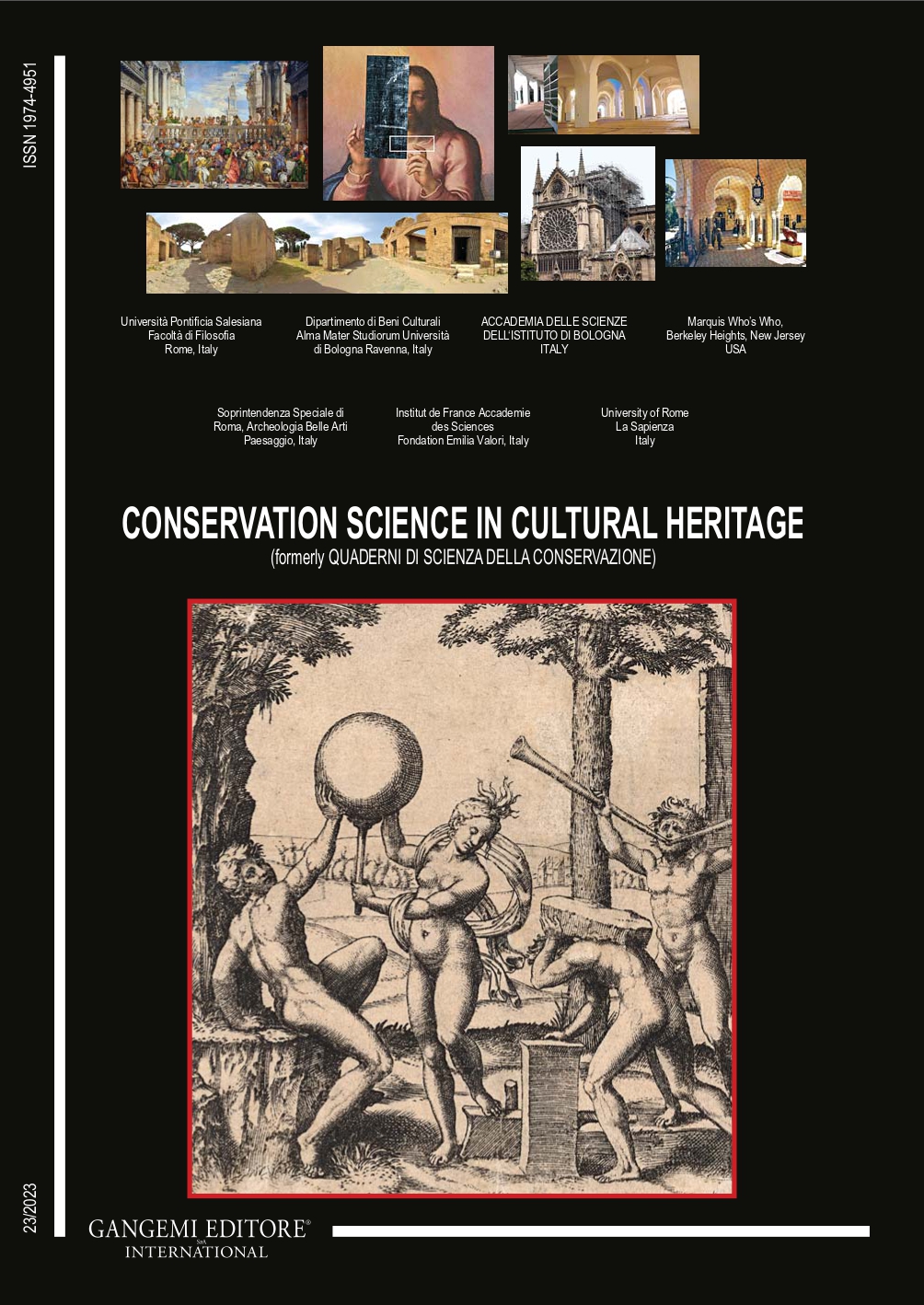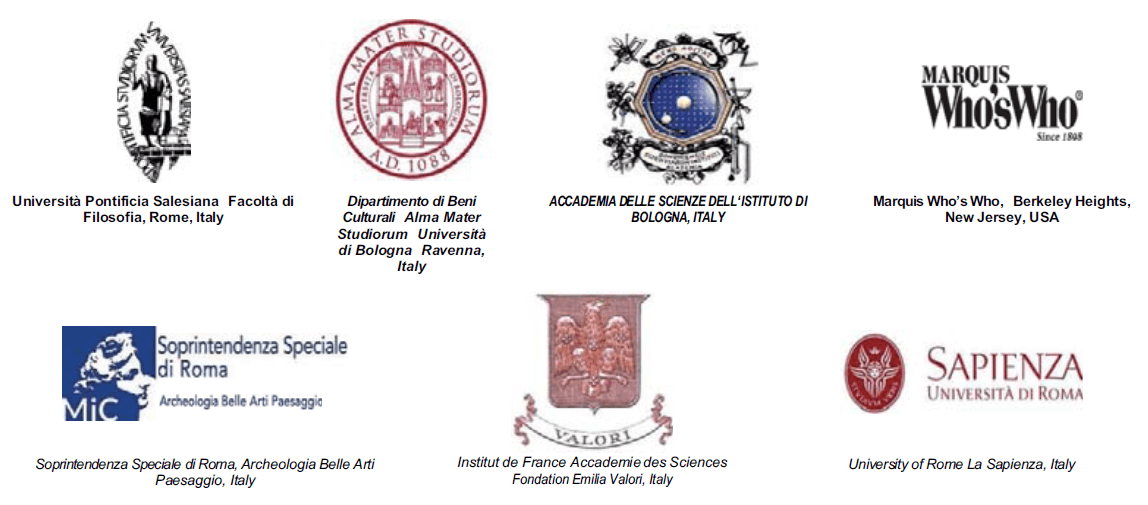Equestrian games and competitions in the ethno-culture of Turkic peoples
DOI:
https://doi.org/10.6092/issn.1973-9494/20084Keywords:
ontology, kokpar, shogen, jamby atu, baigeAbstract
The article is devoted to the games and competitions of Turkic peoples, which have developed historically over many centuries. Games are activities inherent in the world of nature and man. For man, a game is an expression of his spiritual activity, his intellectual potential, emotional and psychological state and physical and biological capabilities. Human freedom and its ethnic-cultural features are revealed in the equestrian games and competitions of Turkic peoples, considered through the prism of horsemanship culture, when, starting from the Saks, Scythians, Huns, ancient Turks and subsequent eras, a warrior on a warhorse was a symbol of mobility, masculinity, military might, freedom of spirit of the peoples of the Eurasian Steppe. The article analyses equestrian games such as kokpar (“goat-dressing”), shogen (polo), zhamby atu (archery), and bayge (horse racing), the latter found to be the most widespread and fixed in the genetic memory of Turkic peoples, the origins of which go back to deep antiquity and are recorded in Turkic written documents and in the ethnic culture of Turkic peoples. Using the texts “Divani Lugat-it Turk” by M. Kashgari, “Graceful Knowledge” by J. Balasuguni, the epics “Manas”, “Alpamys” and other materials from ethnic culture, the authors have tried to deter-mine the origins of horse games, and consider their main content, the behavioural roles of game participants, and reveal the semantic meanings of game lexemes. Equestrian games have a continuity in the culture of modern Turkic peoples and have preserved the basic historical rules through the years. Today they are still played and are spectacular events performed during the ethnic festivals of the Turkic world.
Downloads
Published
How to Cite
Issue
Section
License
Copyright (c) 2023 Aigerim Bastamitova, Nurila Shaimerdinova, Zhadyra Aidarbekova, Bibigul Zhiyembay, Alzhanova Elmira

This work is licensed under a Creative Commons Attribution 3.0 Unported License.





